Home>Renovation & DIY>Home Renovation Guides>How To Hire A Contractor For Home Renovations


Home Renovation Guides
How To Hire A Contractor For Home Renovations
Published: December 21, 2023
Looking to hire a contractor for your home renovations? Our comprehensive guide provides expert tips and advice to help you navigate the process smoothly. Discover everything you need to know about home renovation contractors here.
(Many of the links in this article redirect to a specific reviewed product. Your purchase of these products through affiliate links helps to generate commission for Storables.com, at no extra cost. Learn more)
Introduction
Embarking on a home renovation project is an exhilarating yet daunting endeavor. Whether you're revamping your kitchen, adding an extra room, or giving your entire home a facelift, finding the right contractor is paramount to the success of your project. The process of hiring a contractor may seem overwhelming, but with the right approach, it can be a rewarding experience.
In this comprehensive guide, we will walk you through the essential steps of hiring a contractor for your home renovations. From assessing your needs to managing the project, we will provide you with valuable insights and practical tips to ensure a smooth and successful renovation journey.
So, grab a cup of coffee, sit back, and let's delve into the intricacies of hiring a contractor for your home renovations. Whether you're a first-time renovator or a seasoned homeowner, this guide will equip you with the knowledge and confidence to make informed decisions and turn your renovation dreams into reality.
Key Takeaways:
- Assess your renovation needs by defining your goals, budget, and timeline. This sets the stage for finding the right contractor who can bring your vision to life.
- Thoroughly research potential contractors, conduct interviews, and check references to ensure they align with your project and communicate effectively. This paves the way for a successful renovation partnership.
Read more: Who To Hire For Home Renovation
Assessing Your Needs
Before embarking on the journey of hiring a contractor, it’s crucial to have a clear understanding of your renovation needs. Start by envisioning the end result. What are your renovation goals? Are you looking to increase the functionality of a specific area, enhance the aesthetic appeal of your home, or address structural issues? By defining your objectives, you can effectively communicate your vision to potential contractors.
Next, assess the scope of the project. Determine whether it’s a minor renovation, such as updating fixtures and finishes, or a major overhaul involving structural modifications. Understanding the scope will help you narrow down the type of contractor you need.
Consider your budget and timeline. How much are you willing to invest in the renovation, and what is your desired completion date? Being transparent about your budget and timeline will enable contractors to provide realistic proposals and determine if they can meet your expectations.
Furthermore, evaluate any specific requirements or challenges associated with your project. For instance, if you’re renovating an older home, there may be historical preservation guidelines to adhere to. Identifying such factors upfront will help you find a contractor with the expertise to navigate these intricacies.
Lastly, consider your personal preferences and lifestyle. Do you have a specific design style in mind? Are there any special features or amenities you wish to incorporate into the renovation? Understanding your preferences will guide the contractor in creating a space that aligns with your vision and suits your lifestyle.
By thoroughly assessing your needs, you lay a solid foundation for the rest of the hiring process. This clarity not only streamlines the search for the right contractor but also sets the stage for a successful collaboration that brings your renovation aspirations to fruition.
Researching Potential Contractors
Once you have a clear understanding of your renovation needs, it’s time to embark on the quest for the right contractor. Conducting thorough research is essential to identify potential candidates who align with your project requirements and vision.
Start by seeking recommendations from trusted sources. Reach out to friends, family, and colleagues who have undergone successful home renovations. Their firsthand experiences can provide valuable insights and lead you to reputable contractors. Additionally, online platforms, such as review websites and social media groups, can serve as valuable resources for discovering local contractors with positive reputations.
As you compile a list of potential contractors, delve into their portfolios and past projects. Most reputable contractors showcase their work on their websites or through digital portfolios. Pay attention to projects that align with your renovation goals and design preferences. This step allows you to gauge the contractor’s expertise and style, helping you determine if they are a good fit for your project.
Furthermore, verify the credentials and certifications of the contractors on your list. Look for licenses, insurance coverage, and any professional affiliations. A reliable contractor should be properly licensed and insured, providing you with the assurance that they adhere to industry standards and regulations.
Another crucial aspect of researching potential contractors is assessing their reputation. Utilize online reviews and ratings to gauge the satisfaction levels of their past clients. While a few negative reviews are normal, pay attention to the overall sentiment and how the contractor addresses any concerns raised by clients.
Lastly, consider the communication and responsiveness of the contractors. Reach out to them with initial inquiries and assess how promptly and professionally they respond. Effective communication is a cornerstone of a successful contractor-client relationship.
By diligently researching potential contractors, you can narrow down your options to those who exhibit the expertise, professionalism, and reliability required to bring your renovation vision to life.
Interviewing Contractors
With a refined list of potential contractors in hand, the next step in the hiring process is to conduct interviews. This phase provides an invaluable opportunity to gauge the compatibility, professionalism, and communication style of the contractors, ultimately leading to an informed decision.
Initiate the interview process by scheduling meetings with each contractor. Whether in person or virtually, the interaction should be approached as a two-way conversation. Prepare a list of questions that delve into the contractor’s experience, approach to project management, and understanding of your specific renovation needs.
During the interviews, pay attention to the contractor’s demeanor and communication style. A reliable contractor should be attentive, transparent, and receptive to your questions and concerns. Assess their ability to articulate their ideas and address your inquiries with clarity and confidence.
Discuss the contractor’s experience with similar projects and inquire about their approach to potential challenges that may arise during your renovation. A seasoned contractor will demonstrate adaptability and problem-solving skills, providing you with the reassurance that they can navigate unforeseen circumstances effectively.
Furthermore, delve into the contractor’s project management process. Inquire about the proposed timeline, subcontractor management, and communication protocols. A well-structured project management approach is indicative of a contractor’s organizational skills and commitment to delivering a seamless renovation experience.
Transparency regarding costs and potential additional expenses is crucial. Discuss the contractor’s pricing structure, payment schedule, and any potential factors that could impact the overall cost of the renovation. A reputable contractor will provide a clear breakdown of costs and ensure that you have a comprehensive understanding of the financial aspects of the project.
Lastly, evaluate the rapport and chemistry between you and the contractor. A harmonious working relationship is pivotal to the success of the renovation. Trust your instincts and assess whether the contractor’s values and communication style align with your expectations.
By conducting thorough interviews, you gain valuable insights into the contractors’ expertise, professionalism, and compatibility, paving the way for a collaborative partnership that brings your renovation vision to fruition.
Checking References
Before making a final decision on hiring a contractor for your home renovations, it’s imperative to conduct thorough reference checks. Speaking with past clients provides firsthand insights into the contractor’s performance, reliability, and overall satisfaction with the completed projects.
Request a list of references from each contractor on your shortlist. Ideally, these references should include clients who have undergone similar renovation projects. Reach out to them to schedule discussions about their experiences with the respective contractors.
During these conversations, inquire about the overall professionalism and communication of the contractor. Ask about their adherence to timelines, their ability to stay within the proposed budget, and the quality of workmanship delivered. Understanding the client’s perspective on these crucial aspects provides you with a comprehensive understanding of the contractor’s performance.
Delve into the specific details of the renovation process. Inquire about any challenges encountered and how the contractor addressed them. Understanding how the contractor navigates obstacles and communicates with clients during challenging phases of the project is instrumental in assessing their reliability and problem-solving abilities.
Furthermore, ask about the post-project support and any follow-up services provided by the contractor. A reputable contractor should prioritize client satisfaction even after the completion of the project, ensuring that any post-renovation concerns are promptly addressed.
Additionally, seek feedback on the contractor’s subcontractors and the overall project management. A well-coordinated team and efficient project management contribute to a smooth and successful renovation experience.
Lastly, gauge the longevity of the completed renovations. Inquire about any issues that may have arisen after the project’s completion and how the contractor handled them. Understanding the durability and longevity of the renovations provides valuable insights into the quality of work delivered.
By diligently checking references, you gain a comprehensive understanding of the contractor’s track record, client satisfaction levels, and overall performance, empowering you to make an informed decision that aligns with your renovation aspirations.
Before hiring a contractor for home renovations, always check their credentials, ask for references, and get a detailed written contract outlining the scope of work, timeline, and payment schedule.
Obtaining Bids
Once you have narrowed down your list of potential contractors and conducted thorough interviews and reference checks, the next crucial step is obtaining bids for your home renovation project. The bidding process allows you to assess the proposed costs, project timelines, and the overall approach of the contractors, enabling you to make a well-informed decision.
Request detailed bids from the contractors, outlining the scope of work, materials to be used, project timelines, and a comprehensive breakdown of costs. It’s essential to compare these bids meticulously to gain a clear understanding of each contractor’s proposed approach and pricing structure.
When reviewing the bids, pay attention to the level of detail provided. A comprehensive bid should encompass all aspects of the project, leaving no room for ambiguity. Assess the proposed materials, their quality, and any alternatives offered by the contractors, ensuring that the proposed materials align with your expectations and budget.
Furthermore, evaluate the proposed project timelines and the contractor’s approach to project management. A well-structured timeline and a clear plan of action demonstrate the contractor’s commitment to delivering the renovation within the specified timeframe, while maintaining quality and efficiency.
Transparency in pricing is paramount. Ensure that the bids provide a detailed breakdown of costs, including labor, materials, permits, and any potential contingencies. Understanding the financial aspects of the bids enables you to make informed comparisons and avoid any unforeseen expenses down the line.
It’s also essential to assess the proposed payment schedule. A reputable contractor will provide a clear and reasonable payment structure that aligns with the project milestones, ensuring a fair and transparent financial arrangement.
Lastly, consider the overall value offered by each contractor. While cost is a significant factor, prioritize the quality of work, professionalism, and the contractor’s ability to meet your specific renovation needs. A comprehensive assessment of the bids will empower you to make a well-informed decision that aligns with your vision and budget.
Signing a Contract
As you near the final stages of hiring a contractor for your home renovations, the pivotal step of signing a contract comes into play. A well-crafted contract serves as a safeguard, outlining the terms, expectations, and responsibilities of both parties involved in the renovation project. Prior to signing the contract, it’s essential to ensure that all crucial aspects are clearly defined and agreed upon.
Review the proposed contract meticulously, paying attention to the scope of work, project timelines, materials to be used, and the overall cost breakdown. Ensure that the contract aligns with the discussions and proposals put forth by the contractor, leaving no room for ambiguity or misinterpretation.
Verify that the contract includes details regarding permits, insurance coverage, and any warranties offered by the contractor. Understanding these crucial components provides you with the assurance that the contractor operates within legal and safety parameters, and is committed to delivering high-quality workmanship.
Clarity on the payment schedule is paramount. The contract should outline the agreed-upon payment structure, including the initial deposit, subsequent installments, and the final payment upon project completion. A fair and transparent payment schedule ensures a mutually beneficial financial arrangement.
Furthermore, ensure that the contract includes provisions for potential changes or unforeseen circumstances that may arise during the renovation. A well-defined process for addressing modifications to the scope of work or unexpected challenges provides a framework for navigating such scenarios effectively.
It’s imperative to address the dispute resolution process within the contract. In the unlikely event of disagreements or issues during the renovation, a clear protocol for resolving disputes ensures that both parties have a structured approach to addressing and mitigating any conflicts that may arise.
Prior to signing the contract, ensure that all parties involved thoroughly understand and agree to the terms outlined. Open communication and clarity regarding the contractual obligations set the stage for a collaborative and successful renovation journey.
Managing the Project
As the home renovation project commences, effective project management plays a pivotal role in ensuring a seamless and successful outcome. While the contractor takes the lead in executing the renovation, your active involvement and oversight contribute to a harmonious and efficient process. Managing the project involves proactive communication, monitoring progress, and addressing any potential challenges that may arise.
Establish clear lines of communication with the contractor and their team. Regular updates and open dialogue facilitate a transparent and collaborative environment. Discuss the preferred mode of communication, whether it’s through in-person meetings, phone calls, or digital platforms, ensuring that you are consistently informed about the project’s status.
Monitor the progress of the renovation, ensuring that it aligns with the proposed timelines and quality standards. Regular site visits allow you to observe the workmanship and address any concerns promptly. Maintaining an active presence demonstrates your commitment to the project and provides the opportunity to offer feedback and address any potential issues in real time.
Flexibility is key during the renovation process. Unforeseen challenges or modifications to the initial plan may arise. Collaborate with the contractor to address these changes effectively, ensuring that the project stays on track while accommodating any necessary adjustments.
Adhere to the agreed-upon payment schedule outlined in the contract. Timely payments demonstrate your commitment to the project and contribute to a positive working relationship with the contractor and their team.
Lastly, prioritize open and respectful communication throughout the project. Address any concerns or inquiries promptly, and provide constructive feedback when necessary. A collaborative and communicative approach fosters a positive working environment and contributes to the overall success of the renovation.
By actively managing the project and maintaining open communication with the contractor, you contribute to a cohesive and efficient renovation process, ultimately leading to the realization of your renovation vision.
Conclusion
Congratulations on embarking on the journey of hiring a contractor for your home renovations. The process of transforming your living space is an exciting endeavor, and by following the comprehensive steps outlined in this guide, you are well-equipped to navigate the complexities of hiring a contractor with confidence and clarity.
Assessing your renovation needs sets the stage for a focused and informed search for the right contractor. By understanding your objectives, budget, and personal preferences, you lay a solid foundation for the subsequent stages of the hiring process.
Thorough research and diligent reference checks enable you to identify reputable contractors with the expertise and professionalism required to bring your renovation vision to life. The interview process provides valuable insights into the compatibility and communication style of the contractors, guiding you towards a collaborative partnership.
Obtaining bids and signing a comprehensive contract ensure that the financial and operational aspects of the renovation are clearly defined and agreed upon. These steps provide a framework for a transparent and mutually beneficial working relationship with the chosen contractor.
As the renovation project unfolds, effective project management and open communication contribute to a harmonious and efficient process. Your active involvement and oversight play a pivotal role in ensuring that the project stays on track and aligns with your expectations.
In conclusion, hiring a contractor for your home renovations is a multifaceted process that requires careful consideration and active participation. By leveraging the insights and best practices outlined in this guide, you are empowered to navigate the hiring process with confidence, ultimately realizing your renovation aspirations and creating a living space that reflects your vision and lifestyle.
Best of luck on your renovation journey, and may your newly transformed home bring you joy and fulfillment for years to come.
Frequently Asked Questions about How To Hire A Contractor For Home Renovations
Was this page helpful?
At Storables.com, we guarantee accurate and reliable information. Our content, validated by Expert Board Contributors, is crafted following stringent Editorial Policies. We're committed to providing you with well-researched, expert-backed insights for all your informational needs.

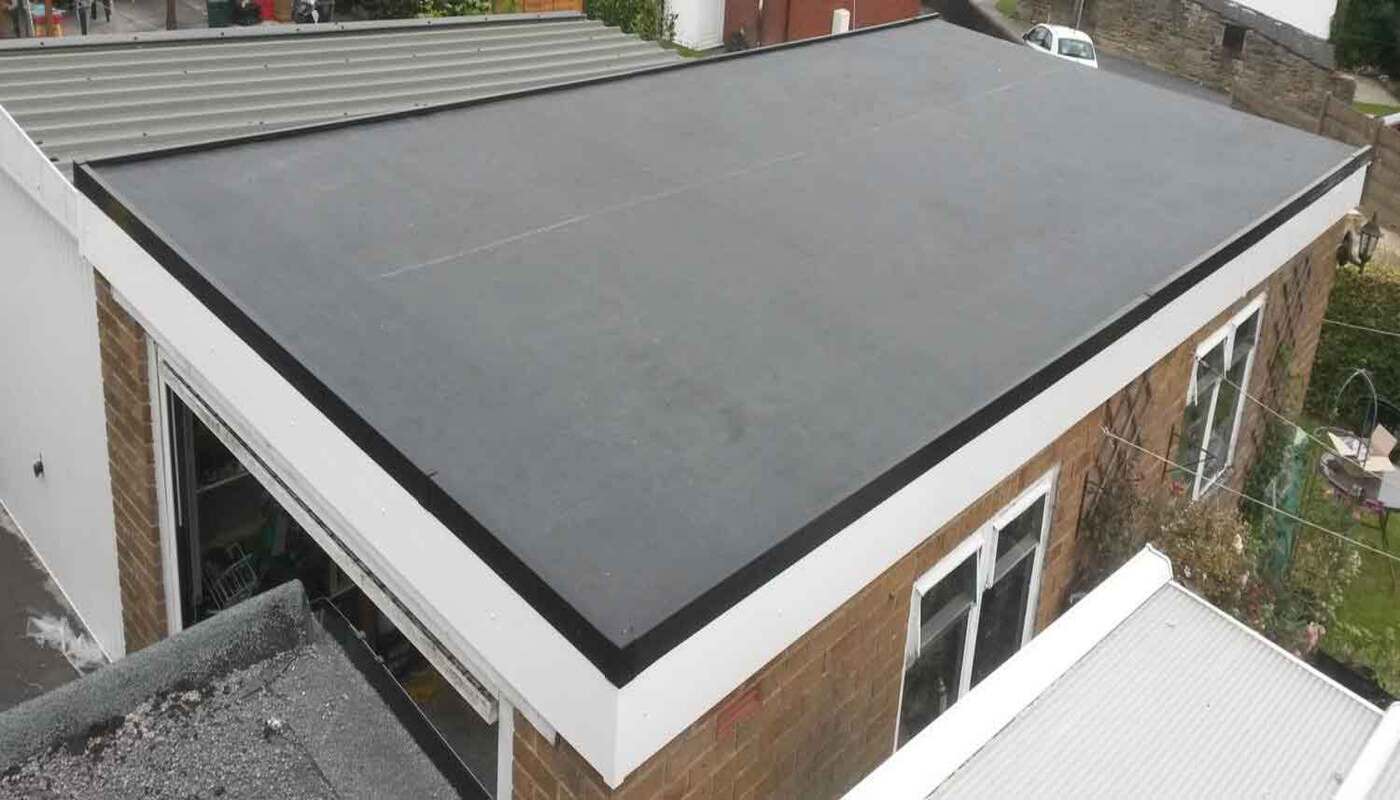



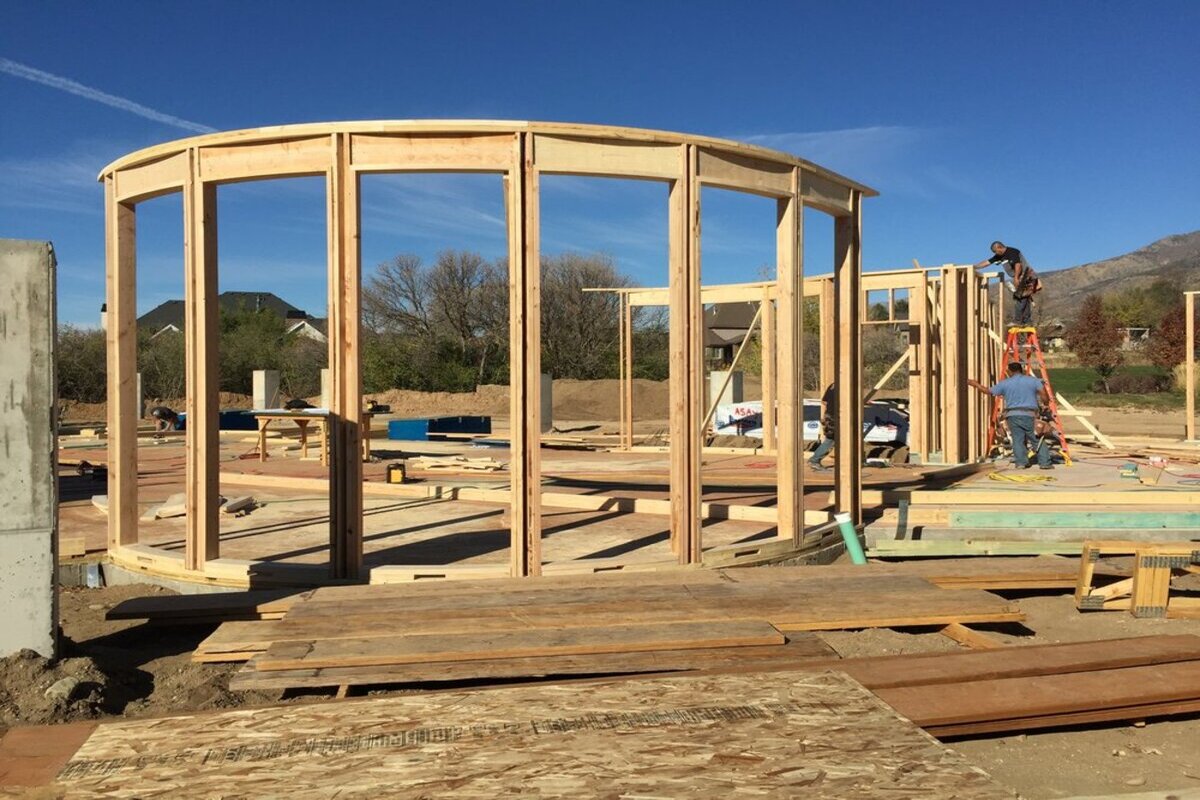
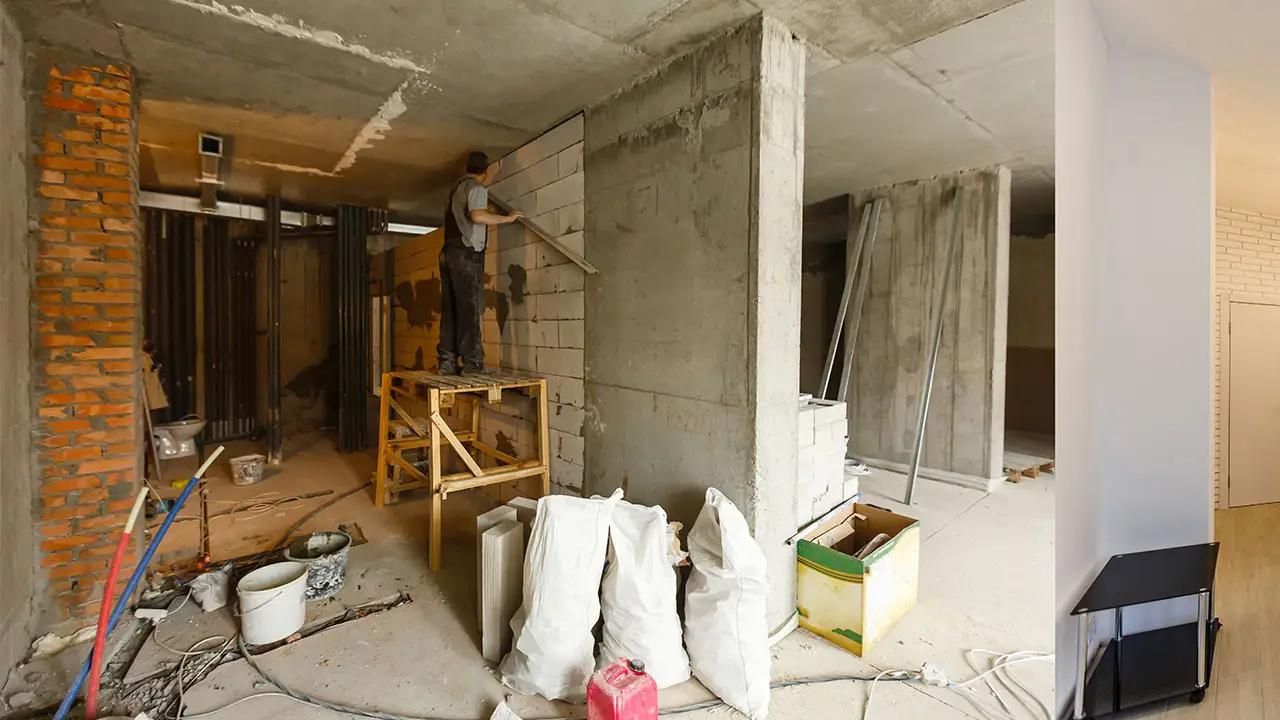
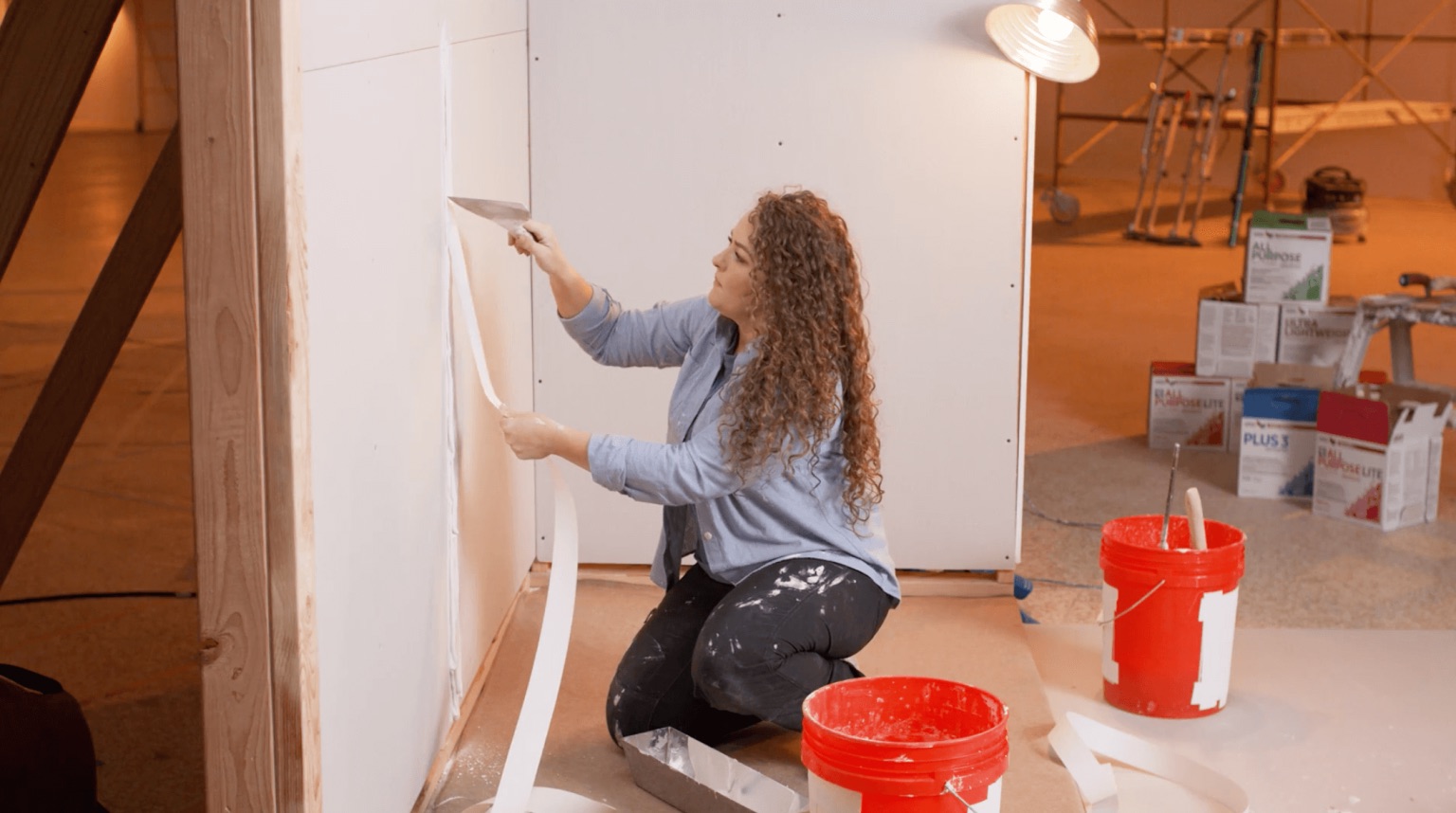

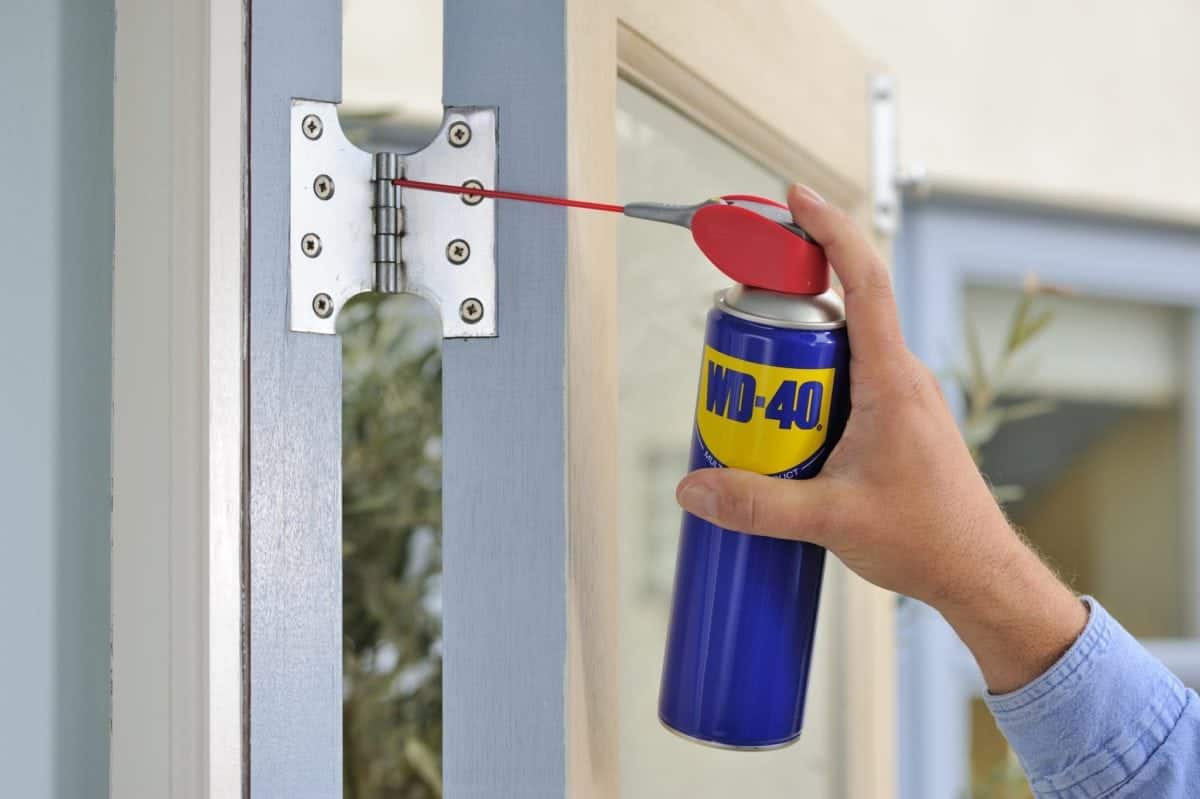
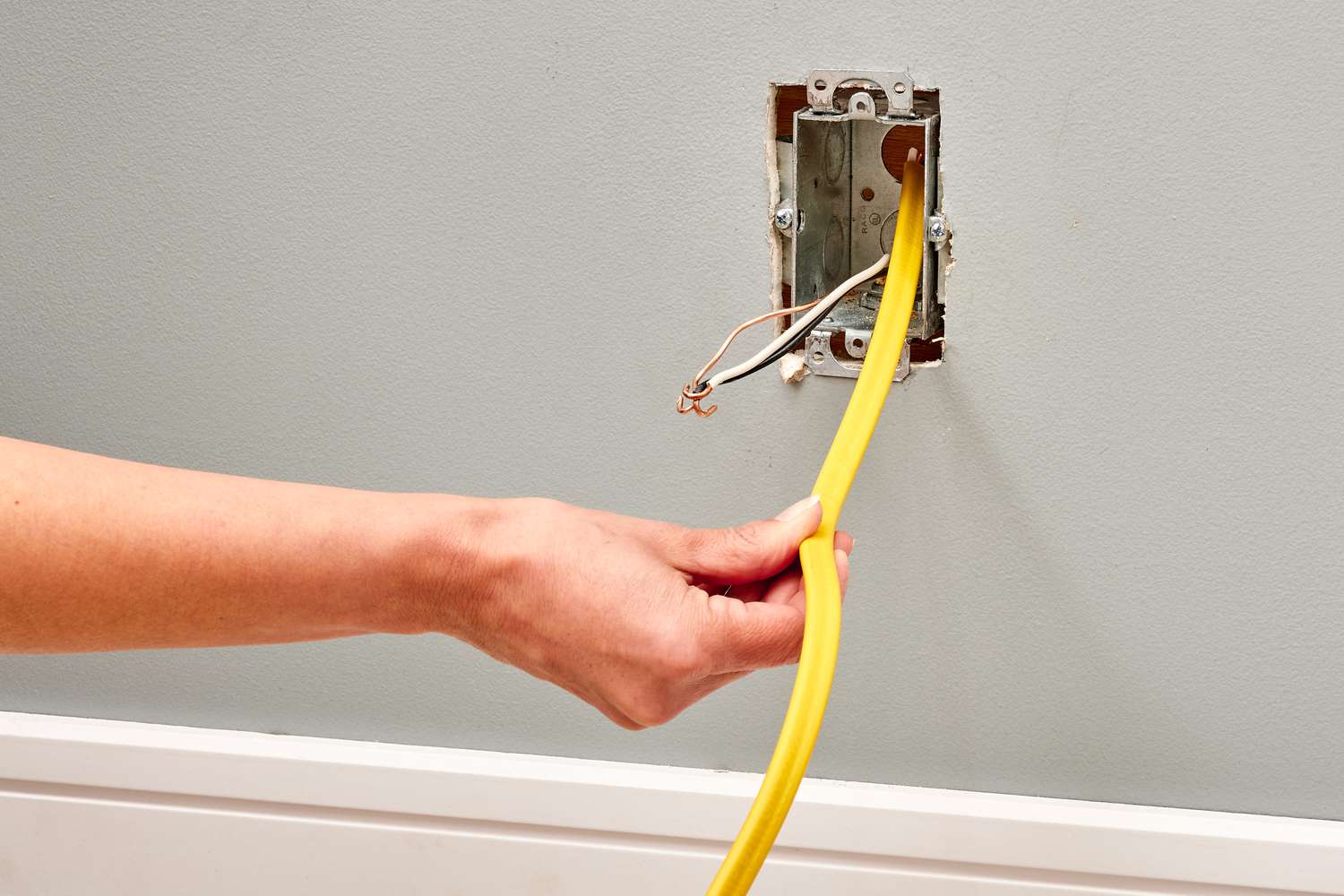
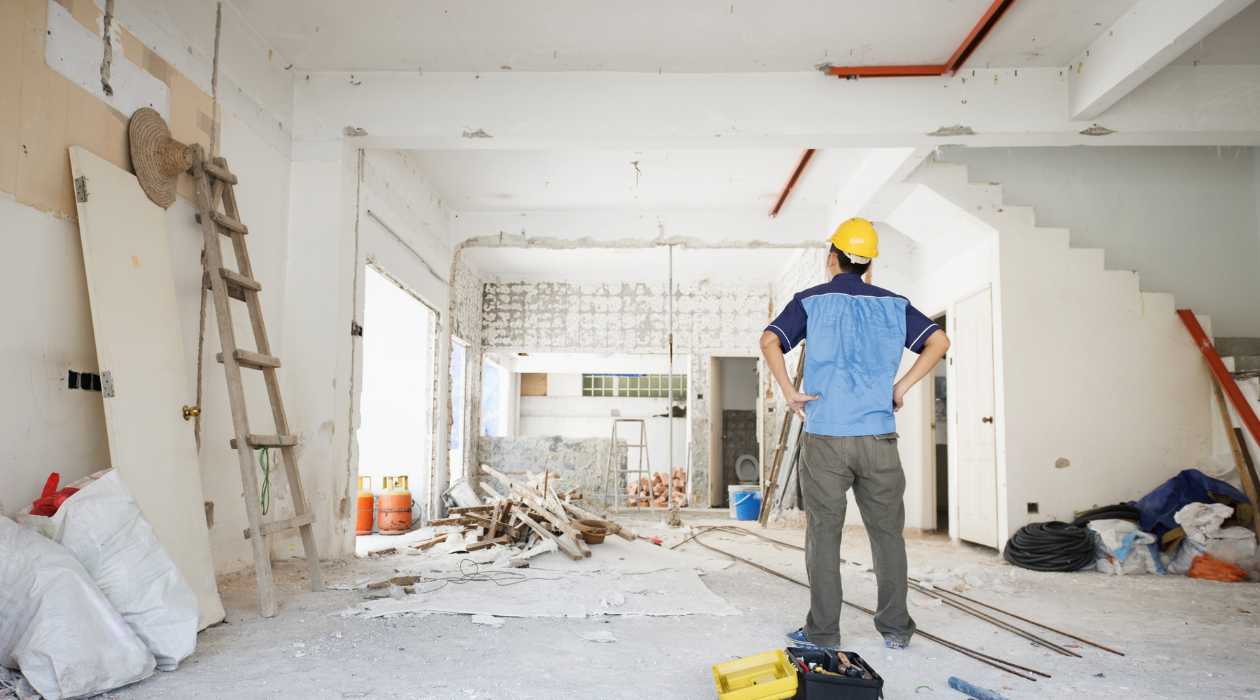

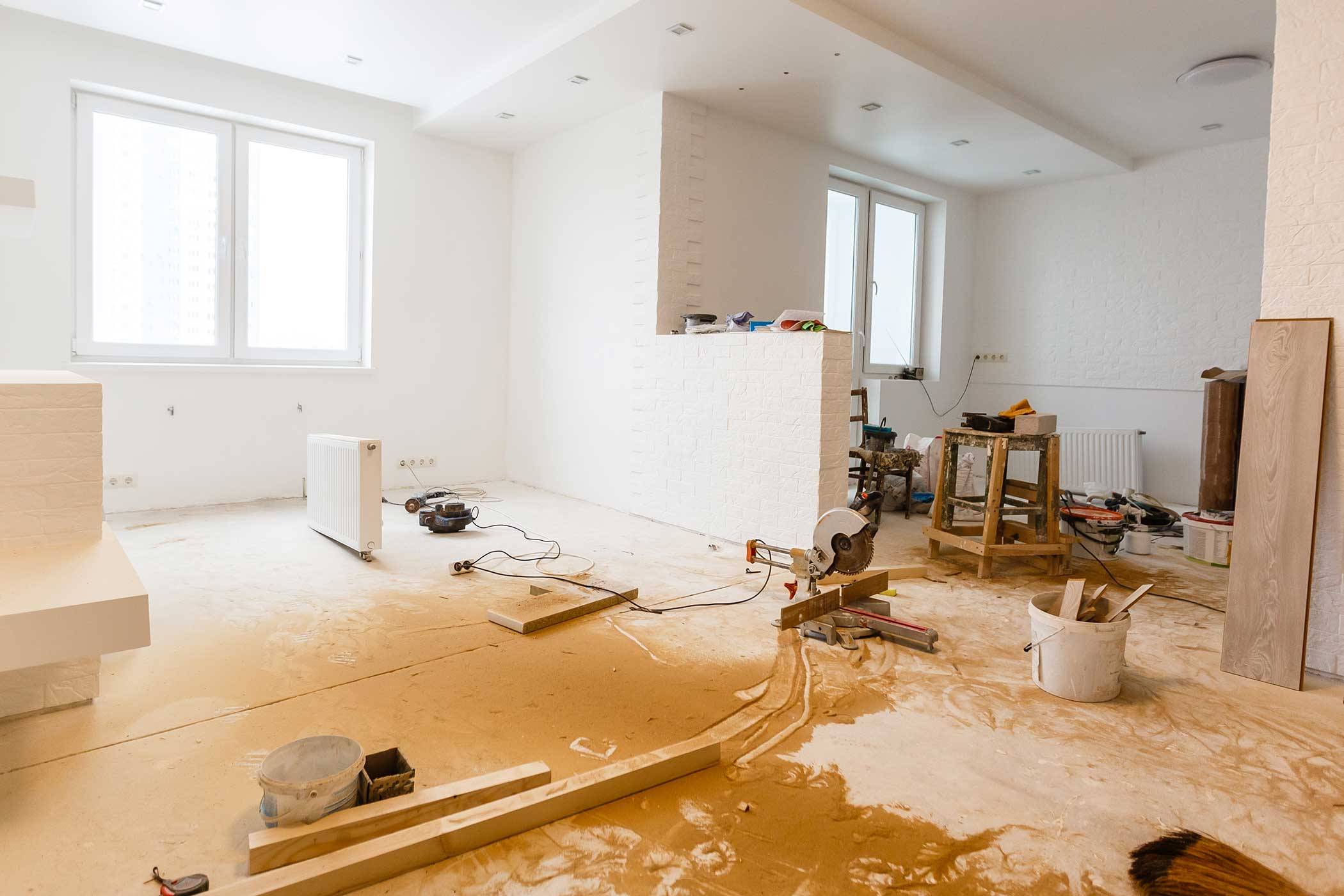

0 thoughts on “How To Hire A Contractor For Home Renovations”